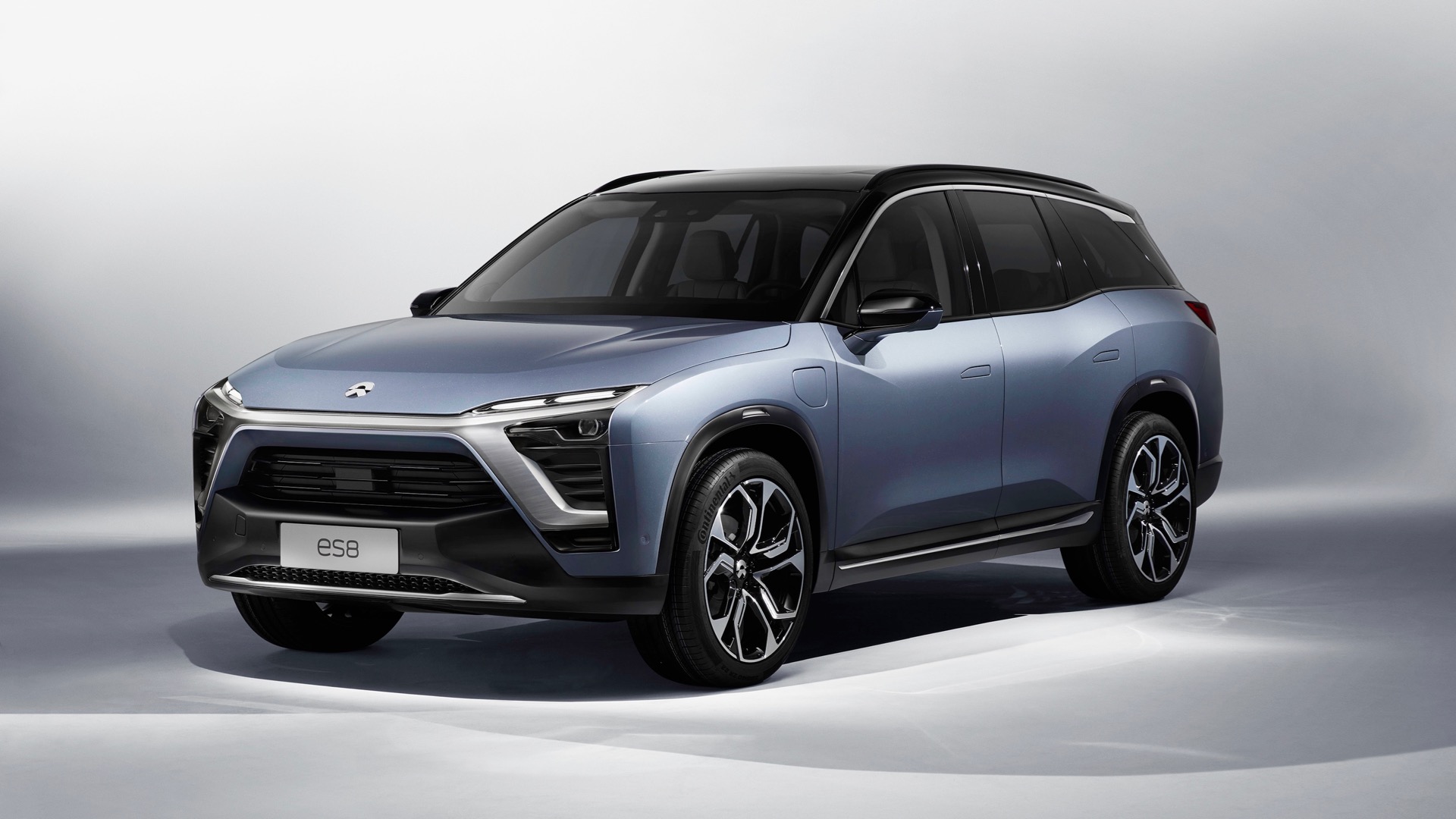

As Elon Musk’s plan to take Tesla private continues to dominate the news, Chinese electric-car startup Nio is planning to go public. On Monday the company filed for a $1.8 billion initial public offering (IPO), the biggest U.S. stock-market listing ever by a Chinese automaker, reports Reuters.
An application for the IPO has been filed with the Securities and Exchange Commission, and Nio plans to trade on the New York Stock Exchange under the symbol “NIO,” according to Reuters. Despite tensions with China over trade, there have been several large Chinese listings on American stock exchanges this year. If approved, Nio would be the second largest, after streaming service iQiyi, which raised $2.42 billion from a Nasdaq IPO in March.
While other Chinese automakers, such as Great Wall Motor Co. Ltd and Kandi Technologies Group, are listed in the U.S., Nio’s IPO would dwarf their presence on the stock exchange. Nio has said it plans to sell cars in the U.S. beginning in 2020, but a potential trade war between the U.S. and China could interfere with those plans.
Nio was founded in 2014 as NextEV by entrepreneur William Li. It’s one of the numerous Chinese startups looking to repeat the success of Tesla, fueled by high demand for electric cars in China. Nio previously built an electric supercar called the EP9, which briefly held the production-car lap record at the Nürburgring. Just 16 EP9s were made, priced at $1.48 million each.
Nio’s first true production model is the ES8, deliveries of which began in China in June. The seven-seater boasts 643 horsepower and 619 pound-feet of torque, according to Nio. The company claims the crossover will do zero to 62 mph in 4.4 seconds and travel 220 miles on a charge. In China, the ES8 costs less than a Tesla Model X, but mostly because the Tesla is subject to heavy import fees and taxes that the locally-produced Nio isn’t.
By building and delivering cars, Nio is already ahead of many of its competitors. But, as Tesla has shown, building cars is just the beginning. Ramping up production to higher volumes and expanding to new markets is necessary to establish a permanent place in the auto industry, but it’s also difficult and expensive. But if the stock market falls in love with Nio the way it did with Tesla, the Chinese company should at least be well funded.